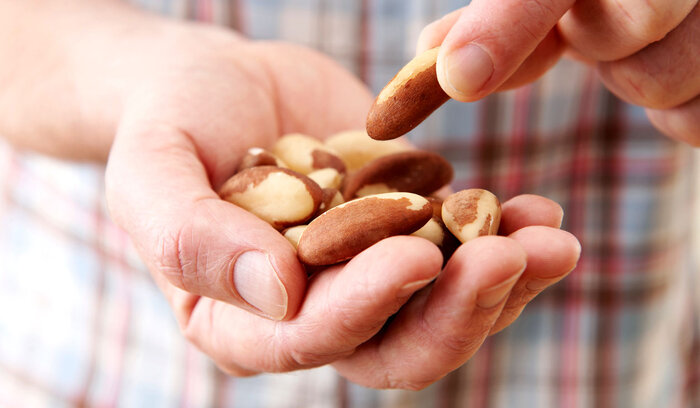
Eke
[eek]
Part of speech: verb
Origin: Old English, pre-12th century
1.
Make an amount or supply of something last longer by using or consuming it frugally.
2.
Manage to support oneself or make a living with difficulty.
Examples of Eke in a sentence
"The farm only eked out a bushel of produce after the major freeze."
"The committee managed to eke out a proposal draft by the deadline."
About Eke
This word comes from the Old English “ēacian” or “ēcan” (in the sense “increase”). It is of Germanic origin and related to the Old Norse “auka.”
Did you Know?
In addition to its verb usage, “eke” was an archaic adverb that meant “also.” Example: "Say thy name and eke thy occupation."








